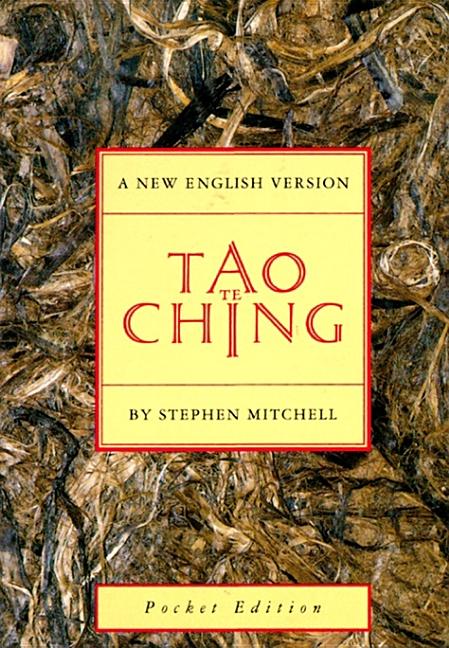Showing the single result
About Laozi
Laozi, also known as Lao Tzu, is a central figure in Chinese culture and one of the most profound philosophers in the global historical landscape. Born in the 6th century BC, he is often recognized as the founder of Taoism, a philosophical and religious tradition that emphasizes harmony with the natural world. He is traditionally believed to have authored the Tao Te Ching, an influential guide to Taoist thought, although the exact historical variations remain a subject of speculation. This seminal text epitomizes his philosophy, constituting an exploration of the path or “the way” (Tao), which has been interpreted both metaphysically and practically by millions.
Laozi’s teachings are renowned for their emphasis on simplicity, spontaneity, and non-action (‘wu wei’), which doesn’t refer to complete inaction, but the avoidance of forced or unnatural action. His approach has wielded significant influence on Chinese thought, shaping its ethics, religion, and political philosophy, with a focus on cultivating moral character, intuitive wisdom, and naturalness. His philosophy, in many ways, presents a striking contrast to the more rigid, hierarchical contemplations of Confucianism, promoting individual discovery of truth over imposed societal norms.
Despite the ambiguity surrounding his life and the authorship of the Tao Te Ching, Laozi’s legacy transcends this uncertainty. His conceptualization of Tao and his prudent perceptions on existence, morality, and the natural world continue to spark intellectual discourse. To date, Laozi’s wisdom greatly appeals to modern sensibilities, providing guidance for individuals seeking serenity and centeredness in a complex world, solidifying his status as an enduring beacon in philosophical and spiritual thought.
